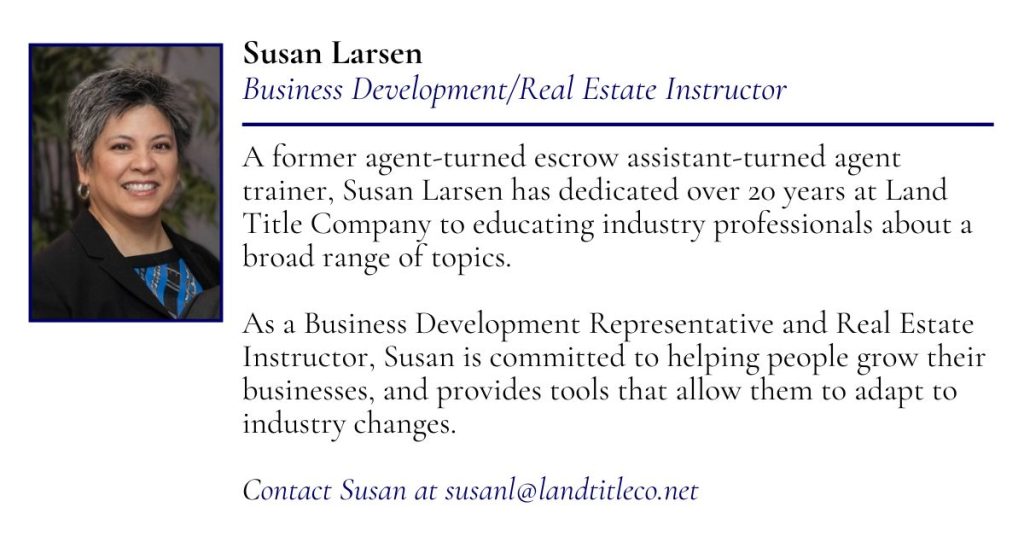Fraud in real estate is on the rise, and it’s not just the real estate professionals who need to be on high alert—buyers, sellers, and even industry insiders are at risk. With October being National Cyber Security Awareness Month, it’s a timely reminder that awareness is the first step toward prevention. Fraud in the real estate industry is evolving rapidly, and understanding the risks and how to mitigate them can save you from potentially devastating losses.
The Rising Threat of Real Estate Fraud
Fraud is nothing new, but the ways it happens have evolved drastically over the years. Gone are the days of simple deceptions like misrepresenting a roof’s condition or exaggerating a property’s square footage. Today’s fraud schemes are much more sophisticated, driven by technology and anonymity, making it especially important for everyone involved in real estate transactions to be aware.
Let’s take a look at the staggering statistics*:
- Real estate wire fraud has increased by 480% in the past two years, with losses exceeding $15 million, largely due to phishing schemes and fake wire instructions.
- Real estate title fraud has impacted over 500,000 homeowners, with losses exceeding $2.5 billion over the past decade, often involving forged ownership documents.
- Real estate deed fraud increased by 15% in the last year alone, often involving fraudulent ownership transfers.
These numbers highlight the critical need for both consumers and professionals to stay proactive in protecting themselves and their transactions.
How Does Fraud Happen in Real Estate?
Fraud in real estate typically falls into three main categories: wire fraud, identity theft, and unauthorized property transfers. Here’s what you need to know about each:
1. Wire Fraud
Wire fraud is the most prevalent type of real estate fraud today, impacting one in twenty Americans who have bought or sold a home in the last three years. Scammers often pose as trusted parties, like title companies or escrow officers, to trick buyers into wiring funds to fraudulent accounts.
Prevention Tips:
- Always verify wire instructions through a known phone number, not one provided in the email.
- Use secure email portals and two-factor authentication.
- Be cautious of last-minute changes to wiring instructions.
2. Identity Theft
Identity theft in real estate occurs when fraudsters steal personal information to take out loans, transfer property ownership, or even sell property that isn’t theirs.
Prevention Tips:
- Title companies conduct thorough identity checks and verify all parties involved.
- Be wary of mismatched signatures and suspicious notaries.
3. Unauthorized Property Transfers
Scammers often target vacant land or unoccupied properties, posing as owners and selling them below market value. These scams are usually conducted entirely electronically, and scammers avoid face-to-face interactions, pushing for cash sales.
Prevention Tips:
- Title companies verify ownership through public records and flag high-risk transactions.
- Communication with all parties helps catch inconsistencies, and trusted, vetted notaries ensure authenticity during closings.
Are You a Target?
Yes, anyone involved in a real estate transaction can be a target—buyers, sellers, agents, and even title and escrow companies. Property owners, especially those with vacant or rental properties, and elderly individuals are particularly vulnerable.
How to Protect Yourself from Real Estate Fraud
- Sign up for Fraud Notify (Mason County Properties): Register your name, and you’ll receive an email alert when a document is recorded with your name, giving you a warning of potential fraud.
- Be Alert to Email Red Flags: Look for slight variations in email addresses, be wary of last-minute changes to wiring instructions, and never hesitate to verify.
- Secure Your Communications: Use encrypted emails and secure portals for document exchange, and keep your devices updated with antivirus software.
- Regularly Monitor Your Accounts: Check your credit reports and financial accounts regularly for unauthorized activity.
Be Aware! Prevention is Key
Fraud is everywhere, but awareness, verification, and secure communication can significantly reduce your risk. It’s not about being paranoid—it’s about being prepared. If you’re involved in a real estate transaction, stay alert, verify every detail, and keep your communications secure. By working together, we can help protect ourselves and our industry from the ever-evolving threat of real estate fraud.
*Source: ZipDo Education Report 2024


